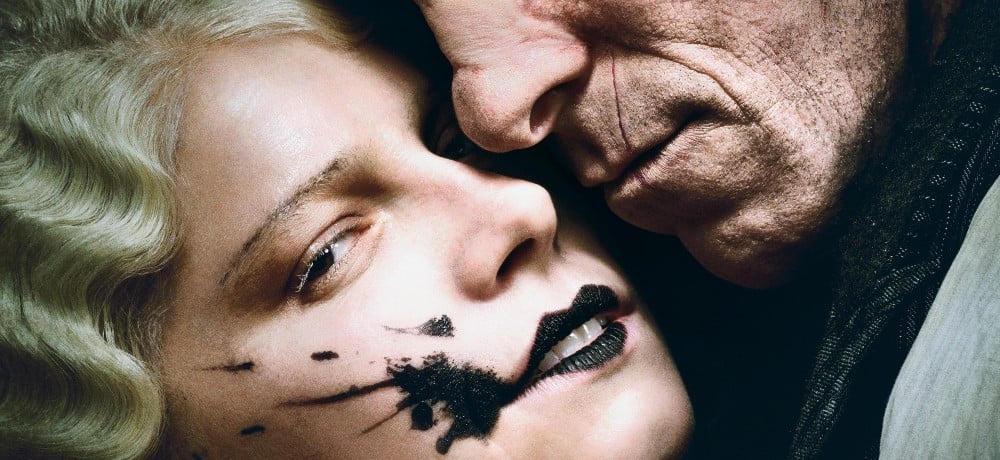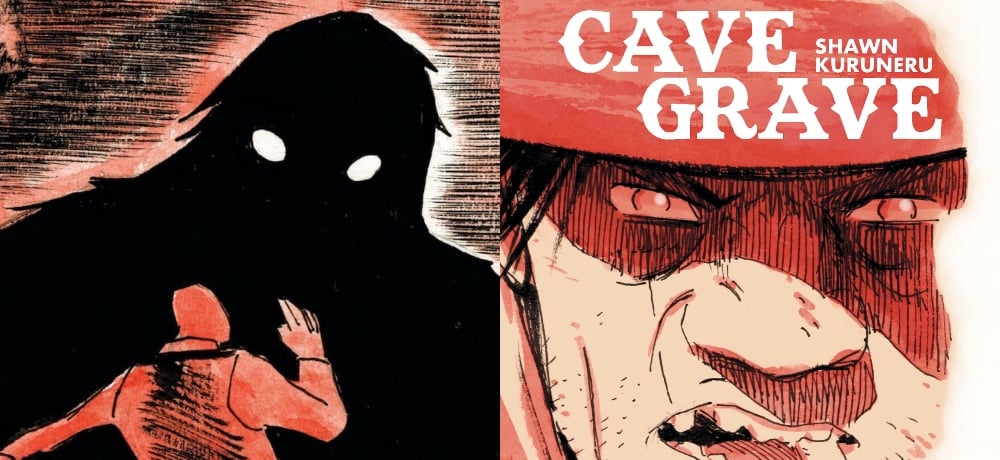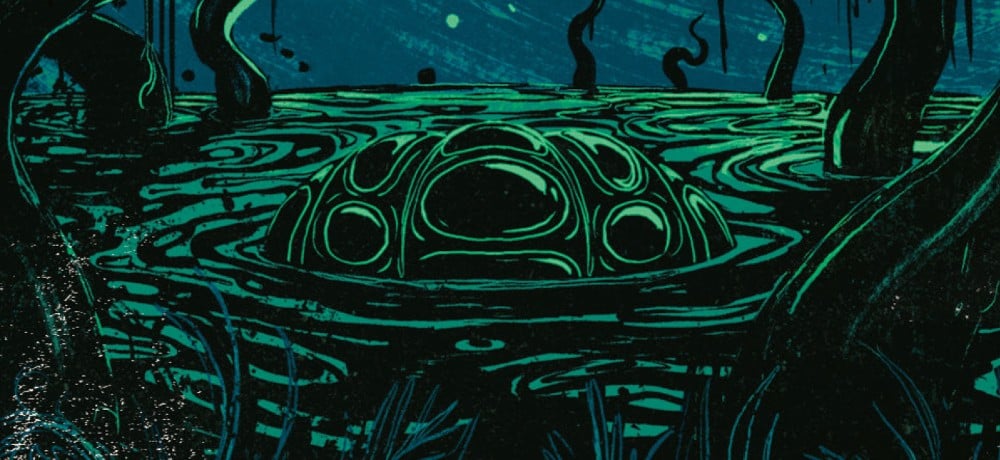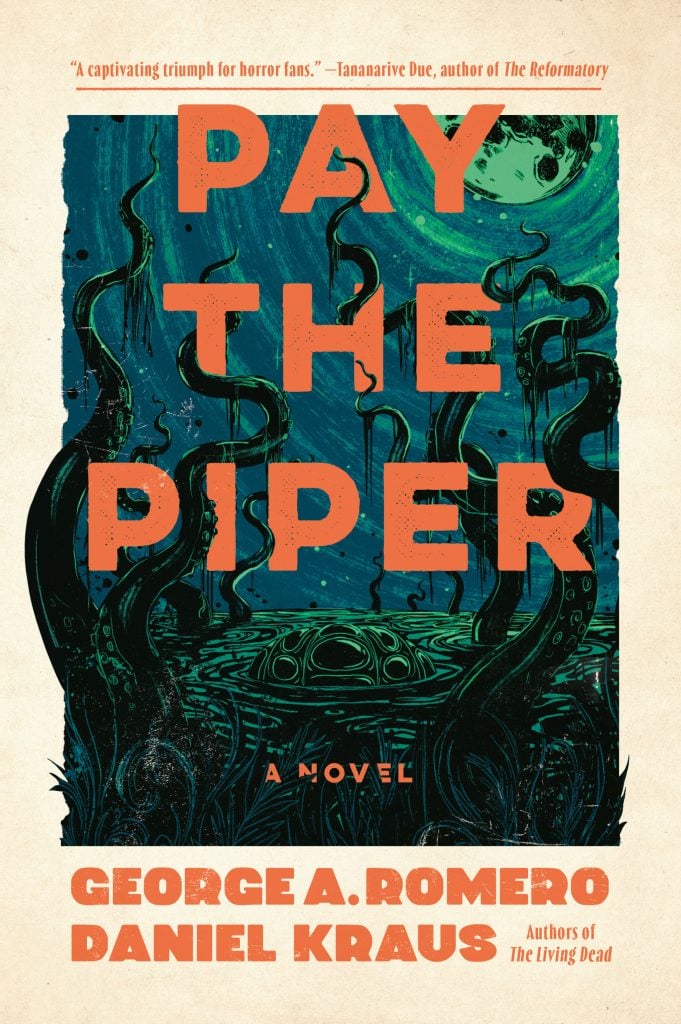






Daniel Kraus is no stranger to the work of George A. Romero, having worked with Romero's estate to complete The Living Dead. With the belief that The Living Dead was Romero's last completed work, Kraus was surprised to find the unfinished novel, Pay the Piper. Re-teaming with Sue Romero and George A. Romero's estate, Daniel Kraus completed the novel and it's now available! In our latest Q&A, I caught up with Daniel Kraus to learn more about his discovery, how he approached finishing the story, and why he's so excited for Daily Dead readers to check it out for themselves:
In 2019, you had the opportunity to explore George A. Romero's archival collection and discovered this unfinished story. What was your first reaction when you came across Pay the Piper?
Daniel Kraus: My reaction was shock and excitement. I'm sure my heartbeat sped up a little. A lot of things in the archive are unsigned and undated, so first I had to make sure it was actually Romero's work! But his writing tics, which I'd learned on The Living Dead, were all over Pay the Piper -- it was definitely his. Honestly, having just wrapped up The Living Dead, the prospect of trying to complete one more was both intoxicating and daunting.
Having completed The Living Dead, did you feel more comfortable taking on Pay the Piper and finishing George A. Romero's work? What has your experience been with Sue Romero and the estate in bringing these unfinished works to life?
Daniel Kraus: In a way, yes. I had more confidence that I could do it -- and the fact that Pay the Piper seemed to be a normal-sized novel, rather than a The Living Dead-sized doorstop, promised that it might be a little easier. It wasn't, but that's a story for another question. One thing that stayed the same was the utter trust Suz gave me. She's a blunt person: if she doesn't like something, she tells you. But she'd loved what I had done with the first book, and she basically gave me the keys to the car with Pay the Piper.
In what state was the overall story? Was this a scenario where you truly only had the first half of the novel to go by, or was there a rough outline or notes that allowed you to flesh out the overall book?
Daniel Kraus: The manuscript represented the best prose writing of Romero's career. He was on fire writing it, you could feel the heat off the pages. The wealth of bizarre details and historical references suggested he had a plan. Unfortunately, no, he didn't leave any notes at all. But he left a lot of pages, and within those pages were clues to where he was headed. I just had to become a detective for a while.
This is a story about a murderous swamp entity that inhabits the bayou. What type of research did you do in order to authentically portray the area and its history?
Daniel Kraus: First off, Romero had clearly done his own research. His pages displayed a mastery of area geography and the local history of warfare, piracy, and enslavement. So I simply picked up where he left off. I visited Louisiana several times and went down into the bayou. I read books on the Pirates Lafitte, the Battle of New Orleans, the environmental and economic collapse of the bayou, the Cajun language, John Wayne, and lots more. It was an eclectic mix, a bit of a Cajun gumbo.
What most excited you about this story and its characters? Can you give our readers a tease of what they can expect when the novel is released on September 4th?
Daniel Kraus: Let me start by saying what I believe excited Romero about the story. With The Living Dead, I learned a lot about what kinds of story elements he was naturally drawn to, and they are all present in Pay the Piper. And as a bonus for him, there's not a single-flesh eating zombie! His excitement is what excited me. Ideas were just pouring out of his head onto the page. I'm not sure if he knew where all of it was going, but he was having a hell of a time finding out. That task eventually fell to me, and it wasn't easy -- it was, in fact, a lot tougher to figure out this book than it was The Living Dead. But I'm proud of the result, and Suz insists George would have been proud too, and that's enough for me.
I think what readers can expect is the unexpected -- that's partly what's so exciting about the project, the chance to show off the real breadth of Romero's abilities. Primarily, Pay the Piper is folk horror. And like the best of folk horror, it presents a thorny moral dilemma. Which forces are on the right side? Is the monster really the monster? On the surface, the book feels a bit like a backwater take on Stephen King's It, but only for a while. There's an element of the story that, in classic Romero style, is pretty damning about elements of American history. It's pretty startling stuff. But you'll have plenty of fun too.
---
To purchase Pay the Piper, visit: https://www.unionsquareandco.com/9781454950899/pay-the-piper-by-george-a-romero/
To keep up on everything from Daniel Kraus, visit: https://www.danielkraus.com/
